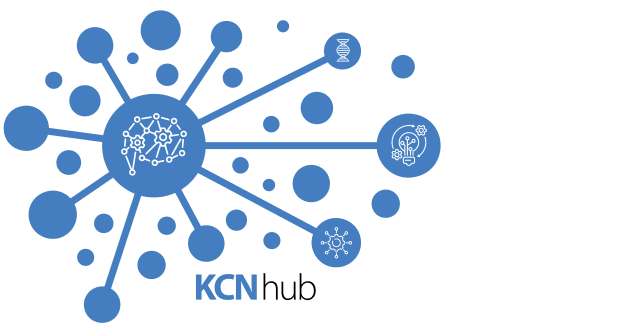Connectomic Deep Brain Stimulation
Abstract:
Deep brain stimulation (DBS) is an established clinical therapy for the treatment of movement disorders, and evolving to become a viable clinical option for the treatment of psychiatric disorders. In either case, current scientific understanding suggests that the mechanisms of DBS therapy are rooted in the disruption of pathologic brain network activity. Along this line, MRI-based modeling of the human brain structural connectome have facilitated the development of computational strategies to simulate the network effects of DBS on a patient-specific basis, and in turn advance understanding of the pathologic circuits underlying the symptoms being treated. As such, connectomic DBS models are now being used to guide surgical planning and/or stimulation parameter customization. This presentation will describe the evolution of connectomic DBS concepts and methods, and present examples of their application in clinical research studies.
Brief Bio:
Cameron McIntyre is a Professor of Biomedical Engineering and Neurosurgery at Duke University. He received his BS and PhD in Biomedical Engineering from Case Western Reserve University (CWRU) in 1997 and 2001, respectively. His doctoral research focused on the biophysics of neural stimulation with implanted electrodes. From 2001 to 2003, he performed post-doctoral training at Johns Hopkins University and Emory University where he studied clinical deep brain stimulation (DBS). He started a research group at the Cleveland Clinic in 2003 and worked there until 2012. From 2013 to 2021 the McIntyre Lab was based at CWRU and then recently moved to Duke University. The special expertise of the group resides in the theoretical, experimental, and clinical application of neuromodulation and neurorecording technologies in human patients. In addition, they are well known for the development of software tools that integrate advanced computational models with brain imaging data. Dr. McIntyre has lead 12 different National Institutes of Health (NIH) research grants, and that support has translated into over 100 peer-reviewed research papers, as well as the creation of 4 successful neurotechnology companies.

